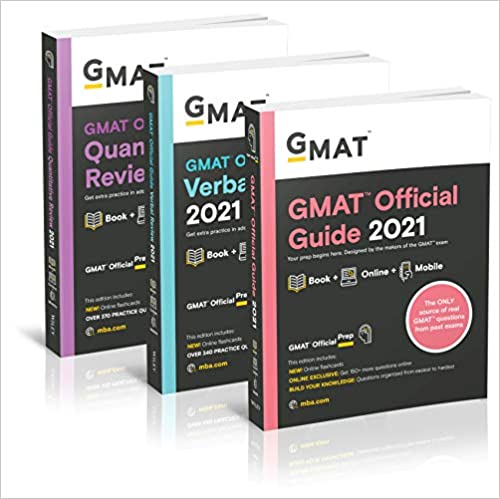
MBA Admissions Officers Evaluate Candidates Using Seven Criteria
I've arranged the seven evaluation criteria in what I believe to be their order of importance. My ranking is based on my own experience, and I readily admit that my list is often contradicted. I have plenty of former students at Harvard, Stanford, Wharton and every other top school who were admitted because admissions officers liked something in their applications and threw out the rule book to accept them. So don't be discouraged if you're a little weak in some of the categories that seem important.
A Caveat: Keep in mind as you read through the evaluation items that their ranking applies only to top-tier MBA programs. Less competitive schools have entirely different motivations behind their admissions decisions.
The Seven MBA Applicant Evaluation Criteria
1. GMAT Score
How you score on a meaningless test of high school English and math skills will have more impact on where you're admitted than will any other factor. But once you get into an acceptable range (at least high 600s), admissions officers start looking to the other elements of your candidacy. So a 720 might not be worth much more than a 690.
2. Your Application Essays
You'll use your application essays to create a brand for your candidacy — a statement on the value that you hope to bring to your classmate and to the alumni pool of your target schools. Frankly, once you get an acceptable score on the GMAT, the strategy you develop in your essays becomes the only critically important admissions factor. (That's why we teach the GMAT exam and work on application essays!)
3. The Timing of Your Application
At top-tier schools, applying on the third round is almost always fatal. You need to apply in rounds 1 or 2 if you hope to be successful.
4. Your Undergraduate GPA
Most people believe that a mediocre undergraduate GPA will keep them out of elite business schools, but that's not true. A poor undergraduate math profile can be problematic, but we've overcome it may times by having our students take specific online classes (usually through UCLA Extension).
5. Your Work Experience
Even if your GMAT score and GPA are terrific, you won't get into business school without proper work experience. And it's not just the kind of work you've done that matters; its the amount. You shouldn't be applying to top-tiers business schools with just two years of work experience. You're going to be outcompeted by people who have four or five.
6. Your Recommendations
Recommendations have always been a contentious part of the MBA admissions process. My experience tells me that they have little impact on the admit-reject decision.
7. Your Interviews
There's no doubt that a great interview can improve your chances of being admitted and that a bad interview can ruin them, but being asked to interveiw means the school already likes your candidacy. Just don't blow it by saying somethign crazy! (This is why we coach our students before their interviews.)







